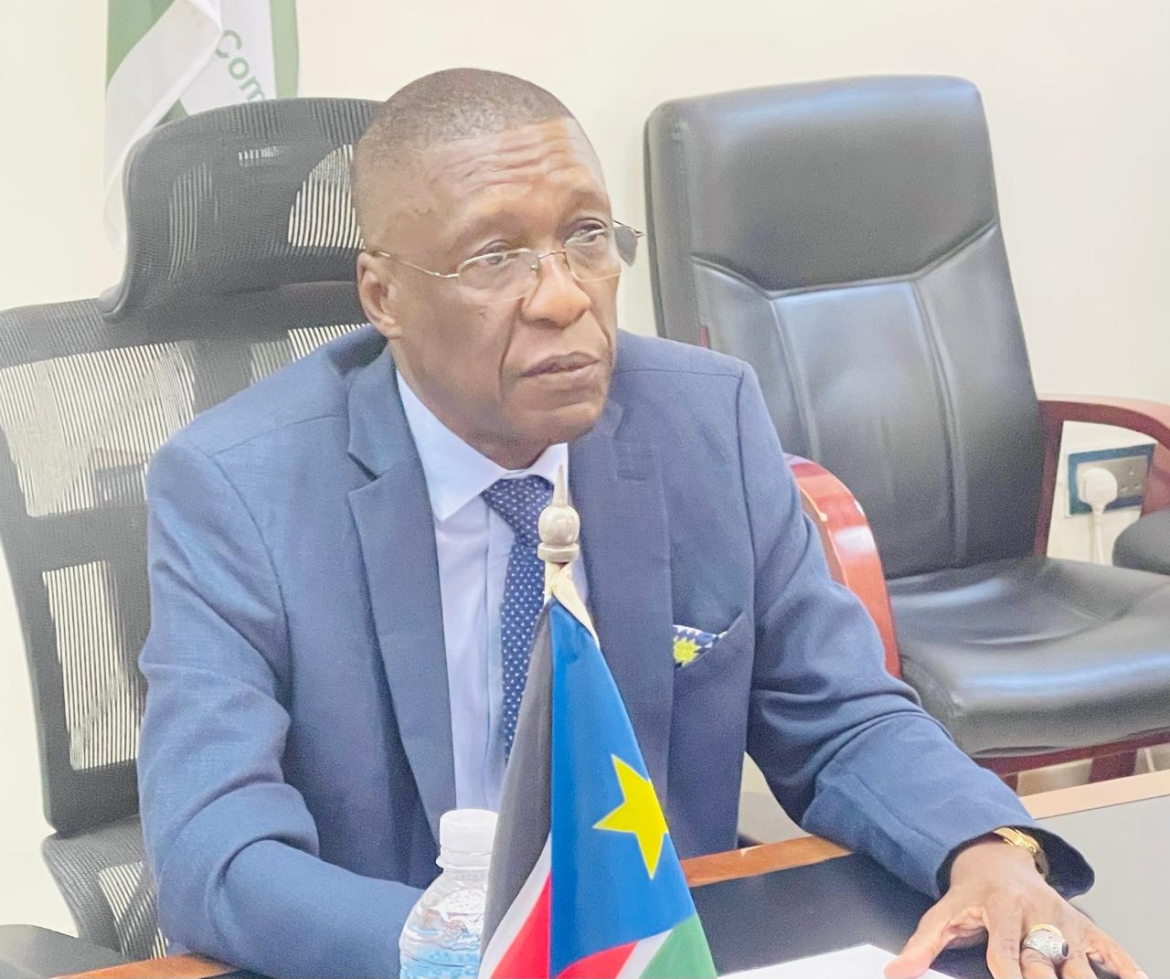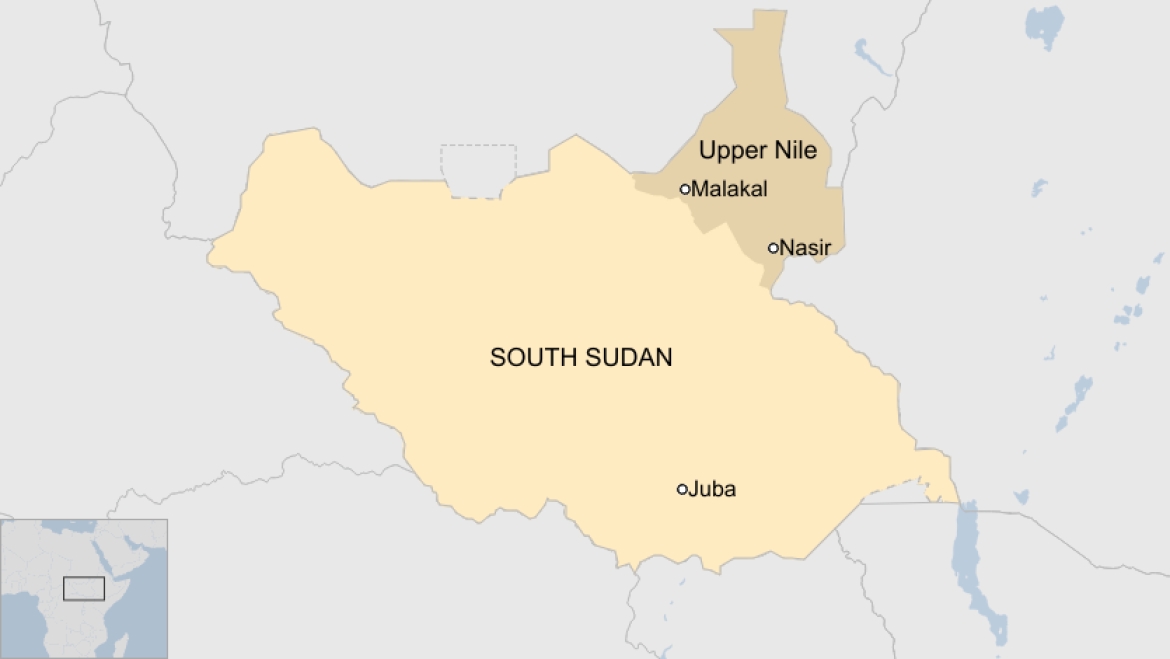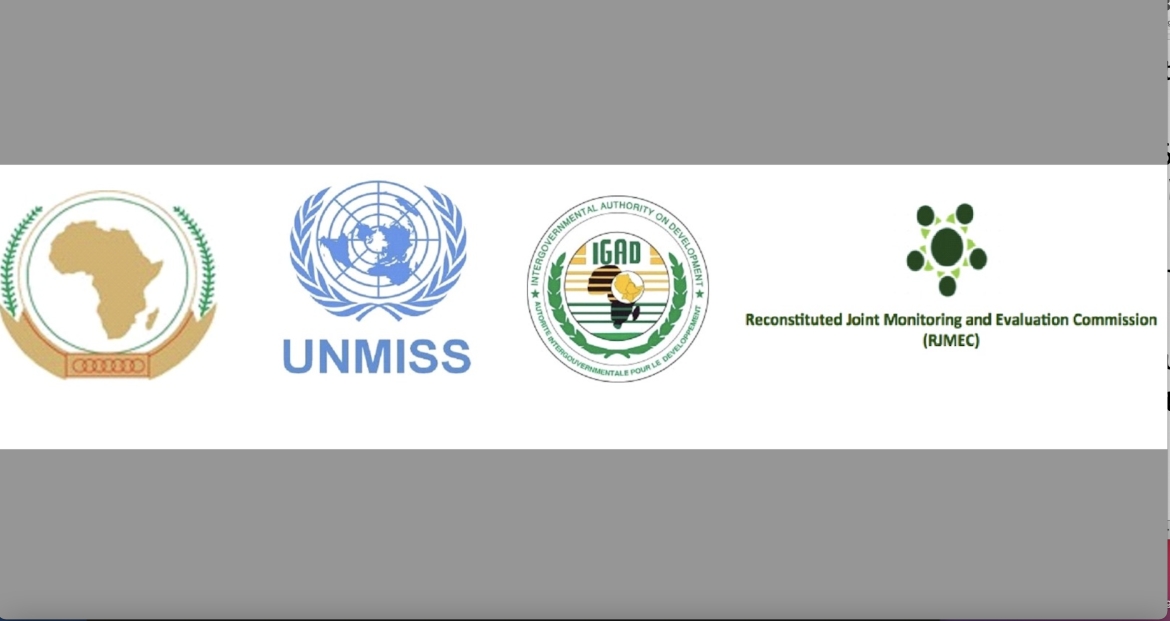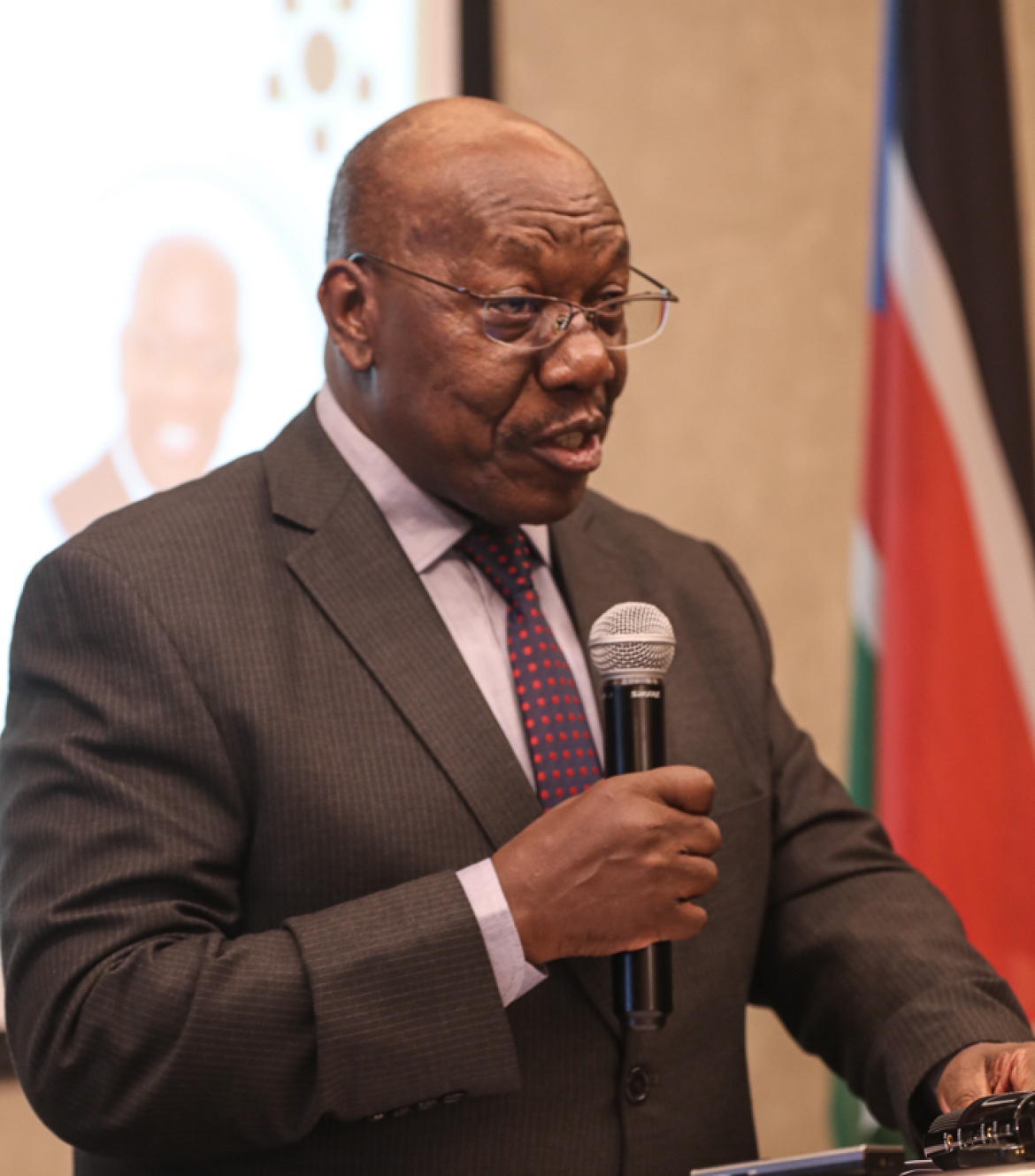Amb. Njoroge: Four months of Pre-Transitional Period gone, what next for A-ARCSS in 2019?
By Amb. Lt. Gen. Augostino Njoroge
Saturday 12thJanuary 2019 marked the half–way stage of the 8–month–long Pre–Transitional period of the Revitalized Agreement on the Resolution of the Conflict in South Sudan (R–ARCSS), a date which falls just as we gear up for a busy and important year (2019). This is the year where, with God’s help and the hard work of everyone, we lay the foundations for a lasting peace in South Sudan.
As we end one year and begin another, it is natural to take stock of where we are. Accordingly, we should all understand that much has been achieved since the signing of the R–ARCSS on 12thSeptember 2018. By the same token, let us not overlook the fact that even reaching the level of consensus required for it to be signed was in itself a tremendous achievement.
We at the Joint Monitoring and Evaluation Commission (JMEC) are duty–bound to keep our fingers close to the pulse of progress. Progress is a difficult quantity to measure, but it is the currency we are dealing in, and it is the thing that we are all striving for. Make no mistake, we have it. To have a designated site for cantonment of forces in Yei River State is a very positive step, given the supreme importance of the unification of forces to sustainable peace.
At this half way stage of the Pre–Transitional period, we observe that there are twin challenges of time and funding. Having not enough of either is a worry that might well increase in the coming months.
However, we must do what we can with what we have and approach the tasks in a spirit of cooperation and positivity. This is something I am pleased to say I have observed. The degree of consensus marked by the signing of the Revitalized Agreement endures. It is the spirit of cooperation and positivity which governs how the implementation of the R–ARCSS is conducted. Without it, we have nothing, no matter how much time or funding there may be.
So while we benefit from having that, we must be mindful of our need to protect it, and we must turn our attention to the rest of the tasks because with progress comes expectations.
When we at JMEC call for the redoubling of efforts, it is from our position as custodian of the Agreement. Highlighting lack of progress or singling out proven violation is part of our tasks, and we are equally duty bound to lay the blame at the appropriate door. On behalf of the South Sudanese people, we will not shy away from calling for any given Party to perform their agreed duty to the highest standard.
We commend the recent steps taken to try and bring non–signatories into the fold of the Agreement, since continued incidents of violence, where they occur, commonly involve them. The signatories to the Agreement are observing the terms of the permanent ceasefire, which is very much to their credit. I must also say that the capital, Juba, has been commendably peaceful in the recent past.
However, the non–signatories should not be seen simply as a convenient scapegoat for all incidents. For example, there is the need for a full and impartial investigation into the loss of 19 lives at Gorom, west of Juba, on 2ndJanuary. The loss of any life is an affront to the spirit of safety and dignity the Agreement seeks to embed nationwide.
While the senseless prevention of the monitoring and verification body, CTSAMVM, from carrying out its essential work through mere blocking is one thing, the assault which took place at Luri on 18thDecember 2018 is another altogether.
We can only evaluate and assess progress through the flow of information and the objective verification of reported incidents. To block the conduct of this process and, even worse, assault, the verification team is completely unacceptable.
This incident should also be seen in light of the fact that the verification team members involved are military professionals from South Sudan’s neighbouring countries who came here to assist in bringing sustainable peace to the Republic of South Sudan.
The tasks required by the implementation matrix of the R–ARCSS are not uniformly distributed among the Parties to the Agreement. Some parties must shoulder substantial parts of the work, while others seemingly less so. However, it is all proportional to what was agreed, and areas that need extra work must be remedied by those who are particularly responsible for it. JMEC stands ready to support the Agreement Parties in undertaking their tasks.
These are the responsibilities of leadership that we are compelled to undertake. Although the component parts of the Agreement may be delivered by different groups, the success of the process depends on all of us playing our parts, and hence it is our collective duty to deliver it.
I wish you all a successful and constructive 2019. We at JMEC will continue to be unfailing in our mandate.
The author is the Interim Chairperson of the Joint Monitoring and Evaluation Commission (JMEC).





